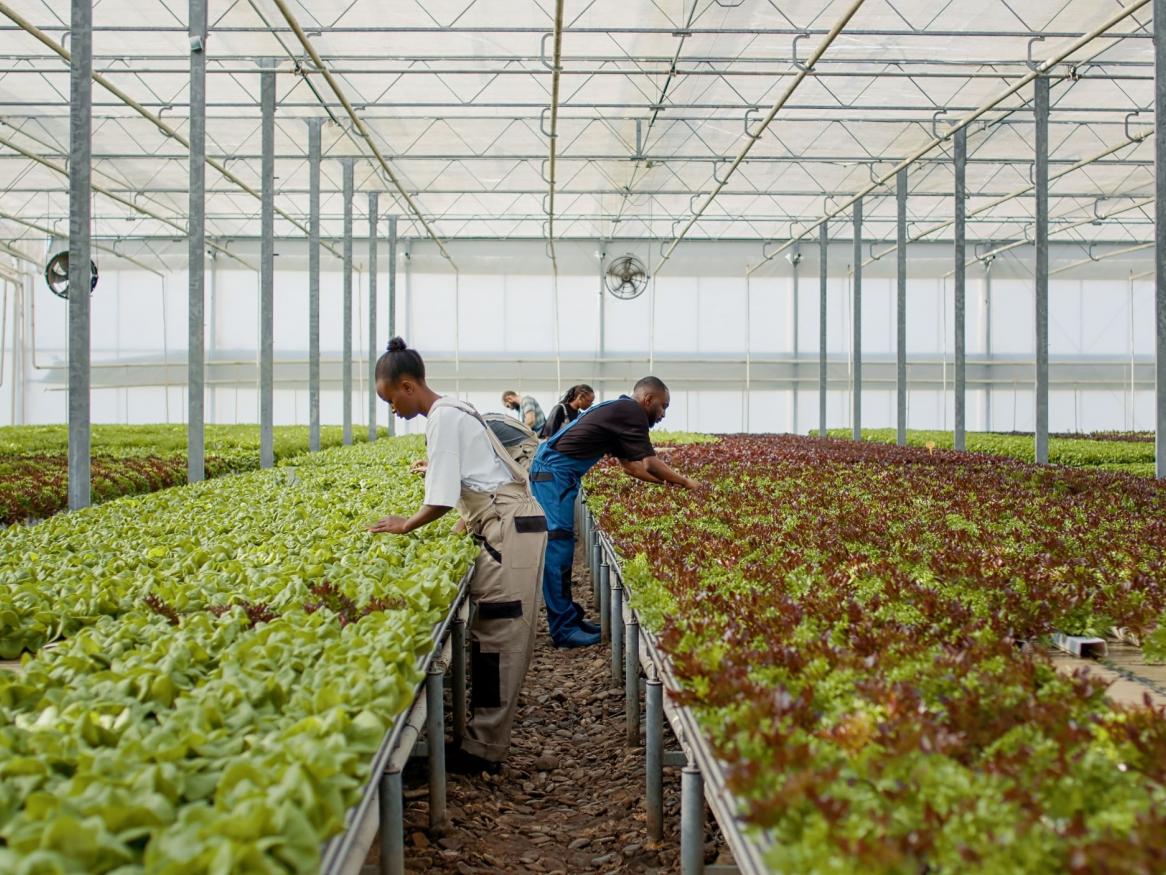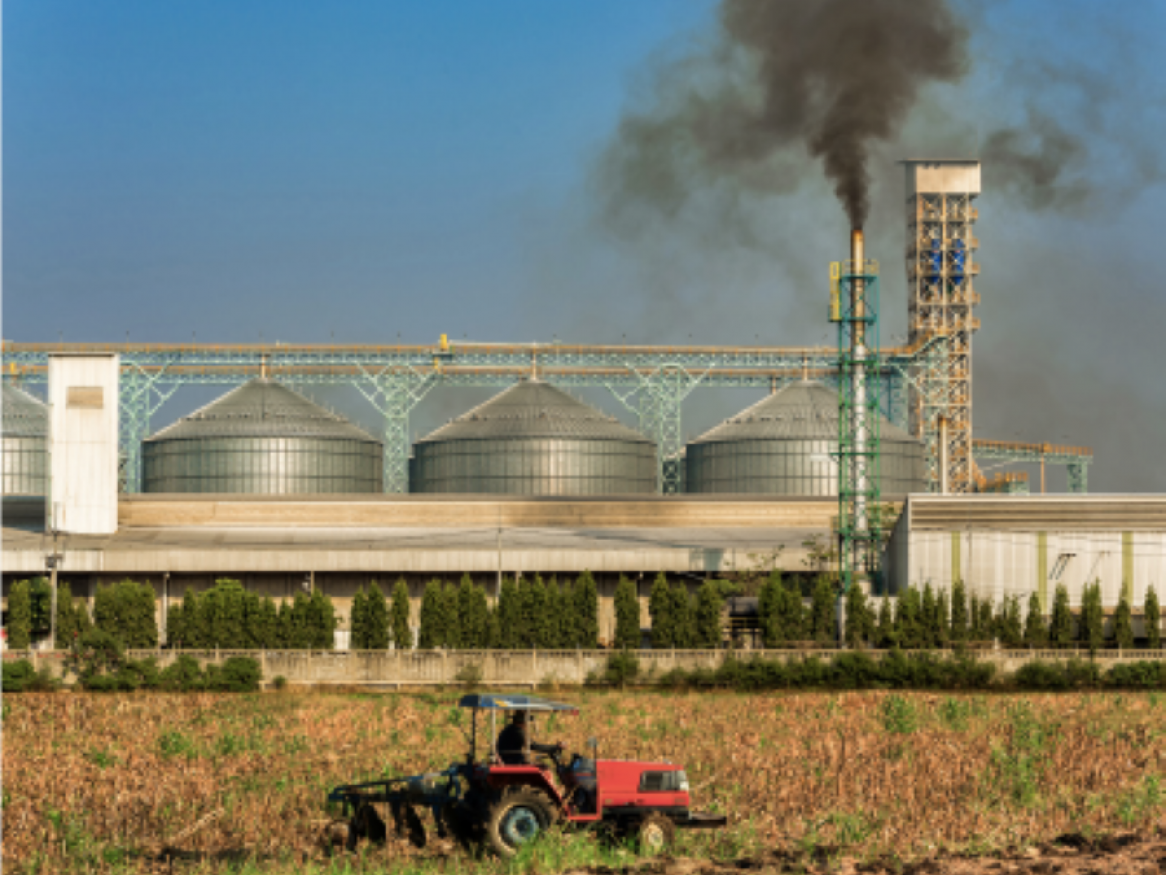News: Policy Brief
Increasing Unevenness in Trade-Related Sustainability Policy: The ASEAN Perspective

POLICY BRIEF No. 29 – Professor Göran Roos is Adjunct Professor at the Institute for Sustainability, Energy and Resources, University of Adelaide.
ASEAN countries are facing mounting pressure to align trade policy with emerging sustainability norms. While the global shift toward greener trade is accelerating—driven by the European Union’s Green Deal, the rise of carbon pricing, and private sector ESG demands—ASEAN’s policy response has been uneven. The disparity threatens to undermine regional competitiveness and fragment ASEAN’s vision of a cohesive market. The author argues that ASEAN must accelerate harmonisation efforts, strengthen regulatory capacity, and build flexible partnerships that allow member states to converge towards higher standards without sacrificing development goals. A coordinated response is critical to secure market access, attract investment, and position ASEAN as a credible player in sustainable trade.
Indonesia’s Trade Policy Regime amidst Global Challenges

POLICY BRIEF No. 28 – Dr Harry Wardana is an Economist at the Institute for International Trade, University of Adelaide. Indonesia's trade policy is currently shaped by a fragmented global trade environment marked by geopolitical tensions and supply chain disruptions. As an emerging economy in ASEAN, Indonesia faces significant challenges, particularly in managing the impacts of global inflation, commodity price volatility, and interest rate hikes. Despite these challenges, Indonesia has maintained steady economic growth, driven by strong fiscal and monetary policy coordination, robust domestic demand, and a positive current account balance. Looking forward, the new government led by Prabowo Subianto must navigate these global risks and chart a strategic path that fosters economic resilience and sustainable growth while maintaining Indonesia's neutral stance in regional geopolitical dynamics.
[Read more about Indonesia’s Trade Policy Regime amidst Global Challenges]
Due Diligence Legislation and Policies: Australia’s TransparencyBased Approach to Addressing Risks of Modern Slavery in Supply Chains

POLICY BRIEF No.27 - Dr Legesse Mengie is a sessional lecturer and researcher at the University of Adelaide and University of South Australia. Australia’s Modern Slavery Act, enacted in 2018, represents a transparency-based approach to combating modern slavery in supply chains. Unlike its counterparts in Europe and North America, the Act lacks penalties for non-compliance and imposes no specific positive due diligence obligations beyond reporting requirements. However, recent studies and the government’s statutory review highlight significant compliance challenges, suggesting that substantial reforms to the current due diligence system are imminent. These reforms are critical for aligning Australia's legislation with international best practices while balancing the need to protect human rights and sustain corporate competitiveness
International Trade and Sustainable Development: The Future of Climate and Biodiversity Governance

POLICY BRIEF No.26 - Dr. Tracey Dodd, Prof. Johanna Kujala, Dr. Riikka Tapaninaho, Dr. Annika Blomberg, Dr. Anna Hannula, Heta Leinonen, and Filippe Delarissa Barros. History shows that existing approaches to international treaties, like the Paris Agreement, have not yet delivered adequate action to avoid catastrophic climate change by the turn of the century. A new approach to climate and biodiversity governance is therefore needed. Specifically, one that can consider tensions brewing across the principles of national interests and trade liberalism, and the critical issue of sustainable development that can ensure global economic stability and continued productive trade between nations.
Policy Brief 25: Reforming Special and Differential Treatment for Developing Countries in the WTO

Policy Brief 25: Aniekan Ukpe (Lex Mercatoria Solicitors, Abuja). Aniekan Ukpe is a partner at Lex Mercatoria Solicitors. Clara Weinhardt (Maastricht University). Clara Weinhardt is Assistant Professor in International Relations at Maastricht University.
Traditionally, SDT is envisioned to help developing countries to develop their economies through exports, and to enable them to pursue policy options they consider appropriate for their development. Relying on voluntary graduation and political pressure, however, is less likely to work whenever WTO members seek to renegotiate existing developing country flexibilities.
Food, agriculture, and climate at COP28 – and beyond

Policy Brief 24: Anthony Cox - Senior Policy Advisor at Ecologic Institute. Ken Ash - Visiting Fellow at the Institute for International Trade, University of Adelaide & Director of Ash Global Insights. COP28 will see a welcome focus on food systems and agriculture with the United Arab Emirates (UAE) Presidency pressing governments to commit to integrating food and agriculture more effectively into their national climate agendas. Our latest policy brief by Anthony Cox and Ken Ash highlights priority areas for the assembling governments to move from political declarations to concrete action.
[Read more about Food, agriculture, and climate at COP28 – and beyond]
Australia’s New International Development Directions and Implications for Trade in the Pacific

Jim Redden, is an External Trade and Development Advisor to DFAT, Director, Economic Development Services Ltd, and IIT Visiting Fellow. Recently Australian Foreign Minister Penny Wong unveiled the government’s updated international development programme. In this Brief Visiting Fellow Jim Redden charts its contours, with focus on its Aid for Trade dimension in relation to the Pacific. This is particularly relevant to members of the Pacific Agreement on Closer Economic Relations (Plus), which recently came into force and is starting to demonstrate substantial positive impacts. These countries stand to benefit from the variety of trade-related assistance now available under the new development programme.
Whither (not Wither) Multilateralism: Priorities for G7 Trade Ministers

Ken Ash, Visiting Fellow, Institute for International Trade and formerly Director of Trade and Agriculture at the OECD. Is the high point in multilateral trade relations already 30 years in the past? Are notions of international cooperation and mutual benefit relics of an earlier time? Hopefully not, there is still much more to play for. Amidst the visible geopolitical tensions, and what often looks like a blurring of trade, economic, climate, and security interests, there are some encouraging signs recently. This brief considers prior developments that helped shape the nature of the trade policy debate today, offers an admittedly optimistic assessment of a renewed interest by G7 members in international cooperation, and highlights immediate priorities for action by G7 Trade Ministers
[Read more about Whither (not Wither) Multilateralism: Priorities for G7 Trade Ministers]
Carbon Tax Creep Beyond Industrial Goods: Challenges and Risks for Extending Coverage to Agriculture

Tim Ryan is completing a Masters in International Trade and Development at the University of Adelaide, and is Manager of Global Trade Development at Meat & Livestock Australia.
Governments around the world are implementing emissions reduction policies to mitigate the impact of global warming, however the application of climate policies will occur at different speeds and depth due to varying levels of development and degrees of ambition. There are inherent dangers from unilateral expansion of carbon tax regimes, not least protectionism, hence this brief argue for a cautious and multilateral approach to carbon taxation.
The Political Economy of Due Diligence Legislation

POLICY BRIEF 21: Prof Peter Draper The Institute for International Trade, The University of Adelaide. Prof Andreas Freytag, Friedrich Schiller University, Jena. Naoise McDonagh, Edith Cowan University. Prof Matthias Menter, Friedrich Schiller University, Jena. Western democracy increasingly values human and social rights, civil liberties, and sustainability issues. This is materialising into legalisation, obliging domestic businesses to both comply and enforce these values along supply chains. However, this legalisation has its controversies regarding compliance costs, impacts on foreign relationships, and effectiveness, inter alia. Due diligence legislation is inherently complex. This policy brief develops a conceptual overview of the political economy challenges when designing these laws and evaluates how Western countries could enforce values-based trade along international supply chains.
[Read more about The Political Economy of Due Diligence Legislation ]
This work is licensed under Commons Attribution-NonCommercial-NoDerivatives 4.0 International License.
IIT is a global leader in researching, analysing and commenting on International Trade.
Stay informed about our up-and-coming seminars, events, publications, awards, new projects and collaborations, and other exciting news.
